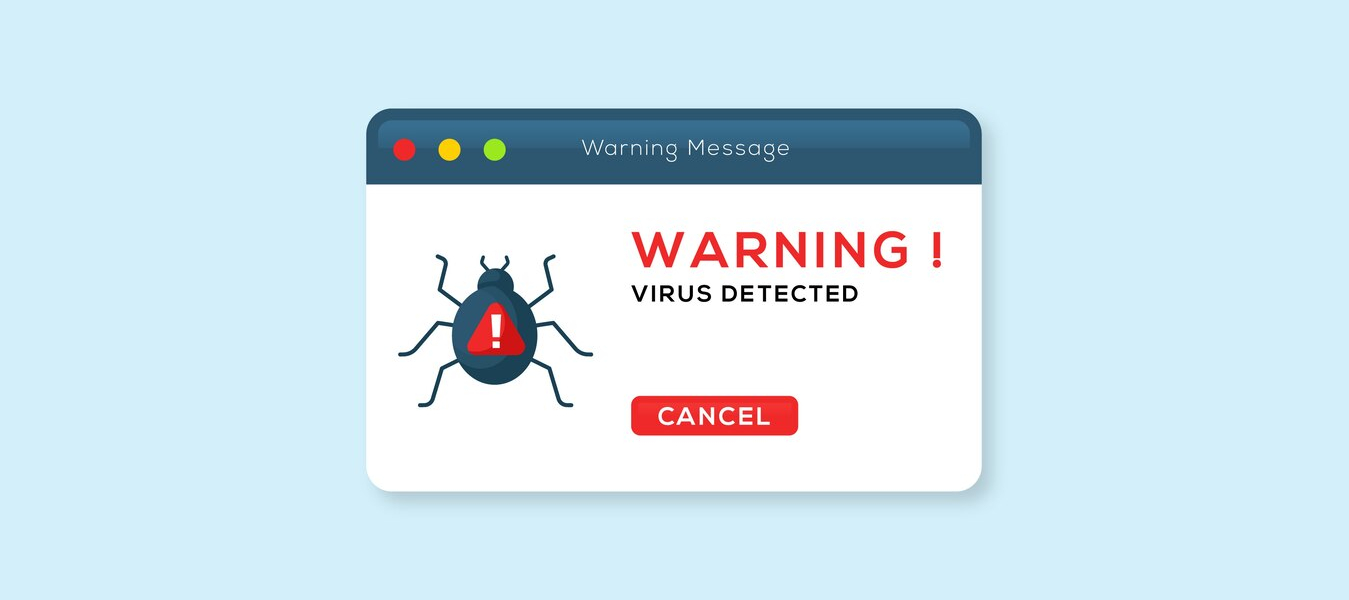
SQL Injections
What is SQL Injection?
SQL injection is a type of cyberattack in which an attacker manipulates or inserts malicious SQL code into an application’s input fields. When this malicious SQL code is executed by a vulnerable application, it can lead to unauthorized access to a database, data extraction, data manipulation, and, in some cases, full control over the affected system.
How SQL Injection Works
SQL injection works by exploiting vulnerabilities in an application’s input validation process. Attackers input malicious SQL statements into user inputs, such as text fields or URL parameters. If the application does not properly sanitize and validate these inputs, the malicious SQL statements are executed by the database, giving attackers access to sensitive information.
Common Targets of SQL Injection
SQL injection attacks can target various types of web applications and database systems, including:
- Login forms and user authentication systems.
- Search bars and filters on websites.
- E-commerce platforms with user data and payment processing.
- Content management systems (CMS) and blogs.
- Forms and registration pages.
- Any application that uses a database for data storage.
Consequences of SQL Injection
The consequences of a successful SQL injection attack can be severe, including:
- Unauthorized access to a database, exposing sensitive data.
- Data theft or data manipulation, potentially causing financial or reputational damage.
- Legal and regulatory consequences for data breaches.
- System compromise, allowing attackers to take control of the application.
- Disruption of services and website defacement.
- Loss of customer trust and brand reputation.
Evolving SQL Injection Techniques
SQL injection techniques continue to evolve, with attackers developing new and sophisticated methods to bypass security measures. Therefore, it is crucial to stay updated on the latest trends and to proactively protect against evolving threats.
Preventing SQL Injection
Best Practices for Individuals
Individuals can protect themselves from SQL injection attacks by:
- Using strong, unique passwords for online accounts.
- Being cautious about sharing personal information online.
- Ensuring that websites they use have implemented security measures.
- Using browser extensions or tools to check website security.
- Reporting suspicious websites or applications to appropriate authorities.
Best Practices for Businesses and Organizations
Businesses can enhance their cybersecurity by:
- Implementing web application firewalls (WAFs) to filter out malicious traffic.
- Regularly conducting security assessments and penetration testing.
- Educating developers on secure coding practices.
- Employing input validation and parameterized queries to prevent SQL injection.
- Utilizing security tools and intrusion detection systems (IDS/IPS).
- Regularly monitoring and reviewing website and database traffic for anomalies.











